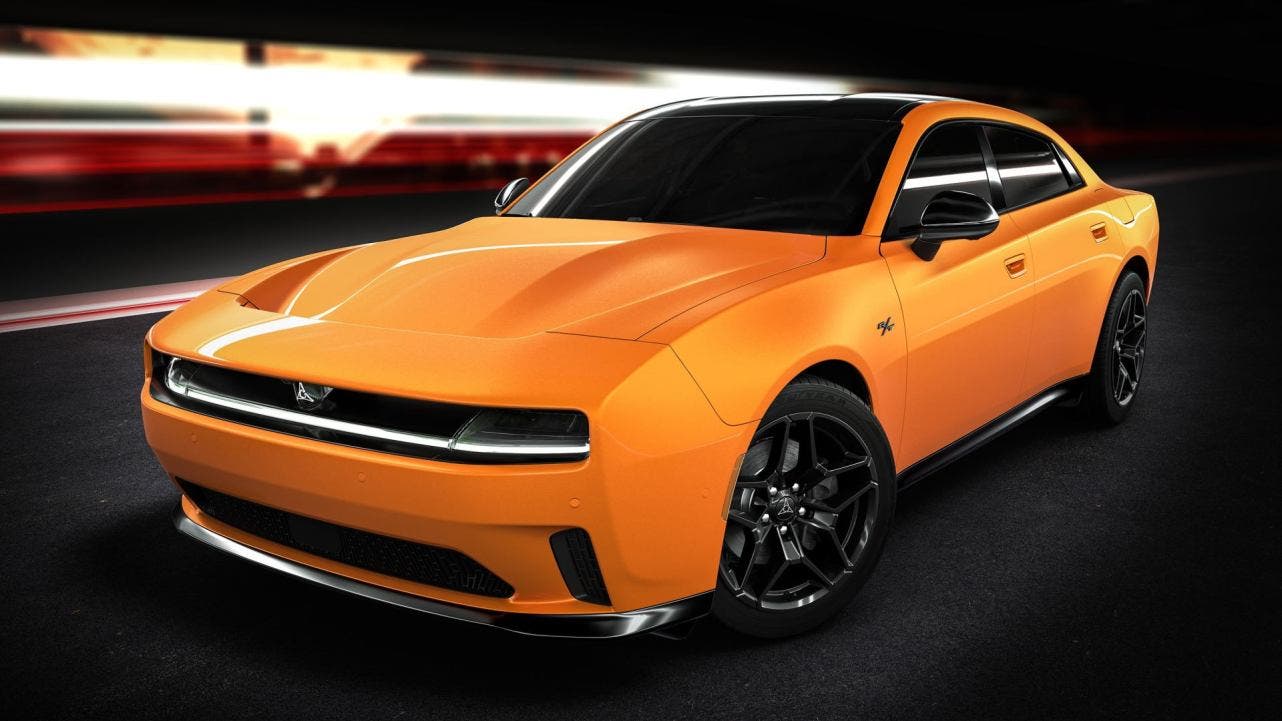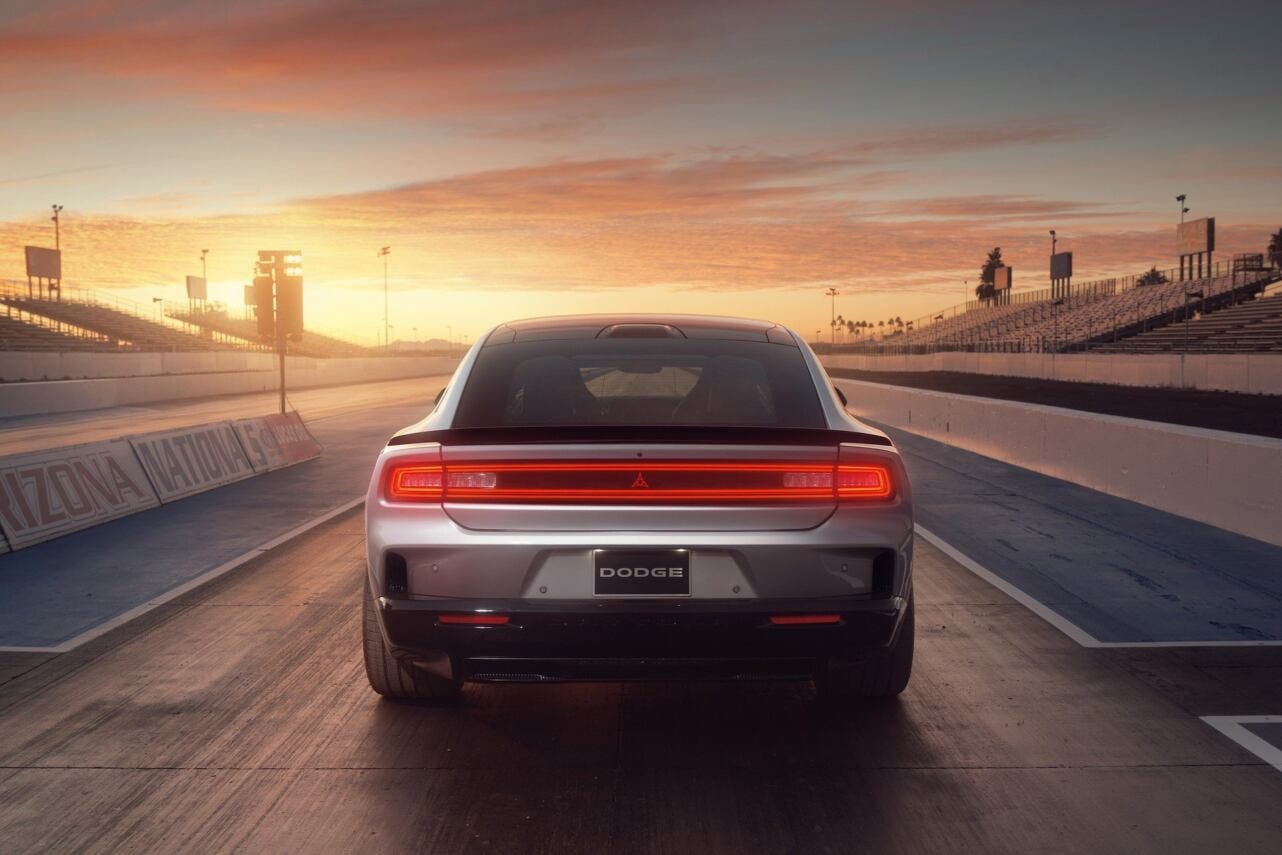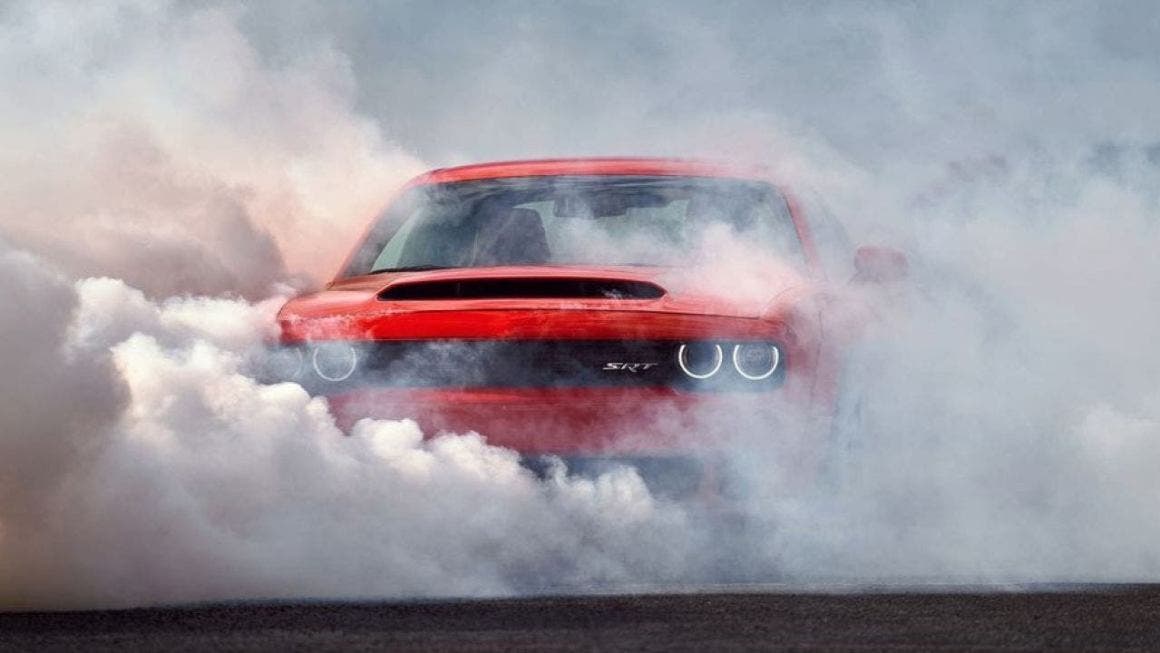The return of the Dodge Charger and Challenger was a success that made thousands of enthusiasts’ eyes sparkle. Bringing them back to dealerships and roads, making them the most popular muscle cars of the modern era, revived an old dream with a new shiny look. But it was equally surprising, in a negative way, when they were both discontinued after the 2023 model year.
Dodge, will the transition to electric muscle cars prove to be a grave mistake?

As we know, cars are usually removed from the market due to lack of sales, but these two were in high demand. The perplexity was enormous. To make matters worse, Dodge announced that the iconic gas-powered cars would be replaced by an electric vehicle, diminishing the value of the famous Charger Daytona.
Since Stellantis took control of Dodge, some questionable decisions have been made. No company would eliminate two successful models like the Charger and Challenger. It would be a basic economic mistake to stop sales of popular products to replace them with something that could prove to be a failure. Consumer adoption of electric vehicles is still uncertain, and currently, there is no real electric muscle car segment, as the upcoming Charger Daytona will be the world’s first electric muscle car.
Stellantis and Dodge were forced to cancel the Charger and Challenger and abandon the Hemi V-8 engines due to strict government regulations. These rules could have led to heavy fines for Stellantis and Dodge. The regulations have effectively eliminated Mopar Muscle (muscle cars generally represented by Chrysler, Dodge, Plymouth, and others) without a valid reason. Certainly, the impact of the federal government on Mopar Muscle has been nothing short of devastating.

After the oil crisis of the 1970s, the U.S. government passed the Corporate Average Fuel Economy (CAFE) act to improve fuel efficiency. Although internal combustion engine vehicles have become cleaner, industries and agriculture remain the most polluting. Automakers producing high-performance vehicles struggle to meet high consumption standards.
Under the Obama administration, these CAFE standards were raised to levels difficult to achieve. Eventually, in 2023, Dodge ceased production of the gas-powered Charger and Challenger after Biden reinstated the CAFE standards. Stellantis faced hefty fines, forcing the company to discontinue its high-performance models.
After discontinuing the Charger and Challenger, Dodge announced the electric Charger Daytona, an electric muscle car offering performance comparable to the gas-powered Charger SRT Hellcat. Enthusiasts, however, remain skeptical that an electric or six-cylinder vehicle can be considered a true Mopar Muscle. For many, eliminating vehicles like the Dodge Challenger SRT Hellcat Redeye Widebody seems like a meaningless action at best. The reduction in greenhouse gas emissions during the Trump administration, despite high production of high-performance vehicles, suggests that sports cars are not the main environmental problem.
